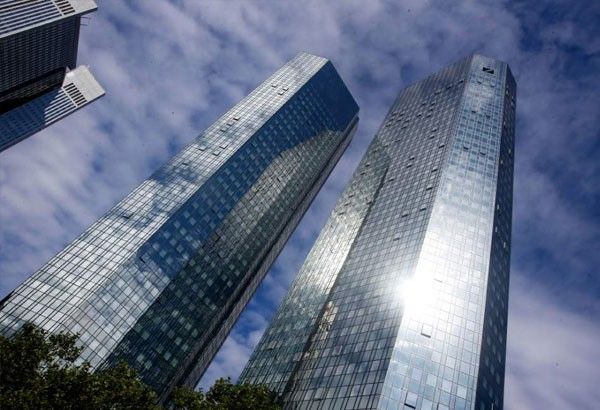Deutsche Bank sees BSP turning more hawkish amid overheating fears

MANILA, Philippines — Deutsche Bank sees the Bangko Sentral ng Pilipinas (BSP) turning more hawkish and may raise interest rates by 150 basis points until next year as the steady rise in core inflation continues to show evidence of overheating.
Michael Spencer, chief economist for Asia at Deutsche Bank, said the Monetary Board may raise benchmark rates by 100 basis points in the second half and by another 50 basis points in the first half of next year.
“The BSP appears now to agree that policy has been too loose. With a newly hawkish central bank, we now expect they will try to close this gap, whereas previously we thought they would pursue an easier policy stance,” he said.
The policy rates are currently 75 basis points below the curve as real policy rate is -1.7 percent or the lowest since March 2009, suggesting inappropriately loose monetary policy for an economy growing above potential with inflation above the central bank’s target.
The central bank has delivered back-to-back rate hikes with a cumulative 50 basis point increase in May and June to curb rising inflationary pressures.
It raised interest rates for the first time in more than three years with a 25 basis point hike on May 10 followed by another 25 basis points last June 20.
However, inflation leapt to a fresh five-year high of 5.2 percent in June from 4.6 percent in May, bringing the six-month average to 4.3 percent and exceeding the BSP’s two to four percent target.
In its latest Asia Economics Monthly report titled “Standing Firm against Headwinds,” Deutsche Bank said the country’s inflation would average 4.9 percent this year before easing to 4.3 percent next year. The BSP has set an inflation target of two to four percent for 2018 and 2019.
“We see the steady rise in core inflation since 2016 as evidence of overheating. Even if the underlying cause is rising oil prices, these appear to have been passed on to consumers of a wide range of products over the past two years, consistent with an economy growing at least at potential and allowing firms ample room to pass on higher energy costs,” he said.
Spencer expects a slower economic growth of 6.3 percent for the Philippines this year and further to 5.7 percent next year.
“Our forecast has growth slowing to below potential only in the first half of 2019 and while the base effect on this year’s tax increase should see inflation drop about 60 basis in the first quarter next year and oil prices should be lower, domestic inflationary pressures are unlikely to abate until 2020,” he said.
According to Spencer, rice prices would fall later this year as the government anticipates the passage of the new tarrification scheme, bringing down the price of the staple by as much as 10 percent.
Deutsche Bank also sees the peso weakening further against the dollar, albeit at a slower pace. It sees the peso depreciating to 54.3 in the third quarter and to 55.2 in the fourth quarter.
- Latest
- Trending





























